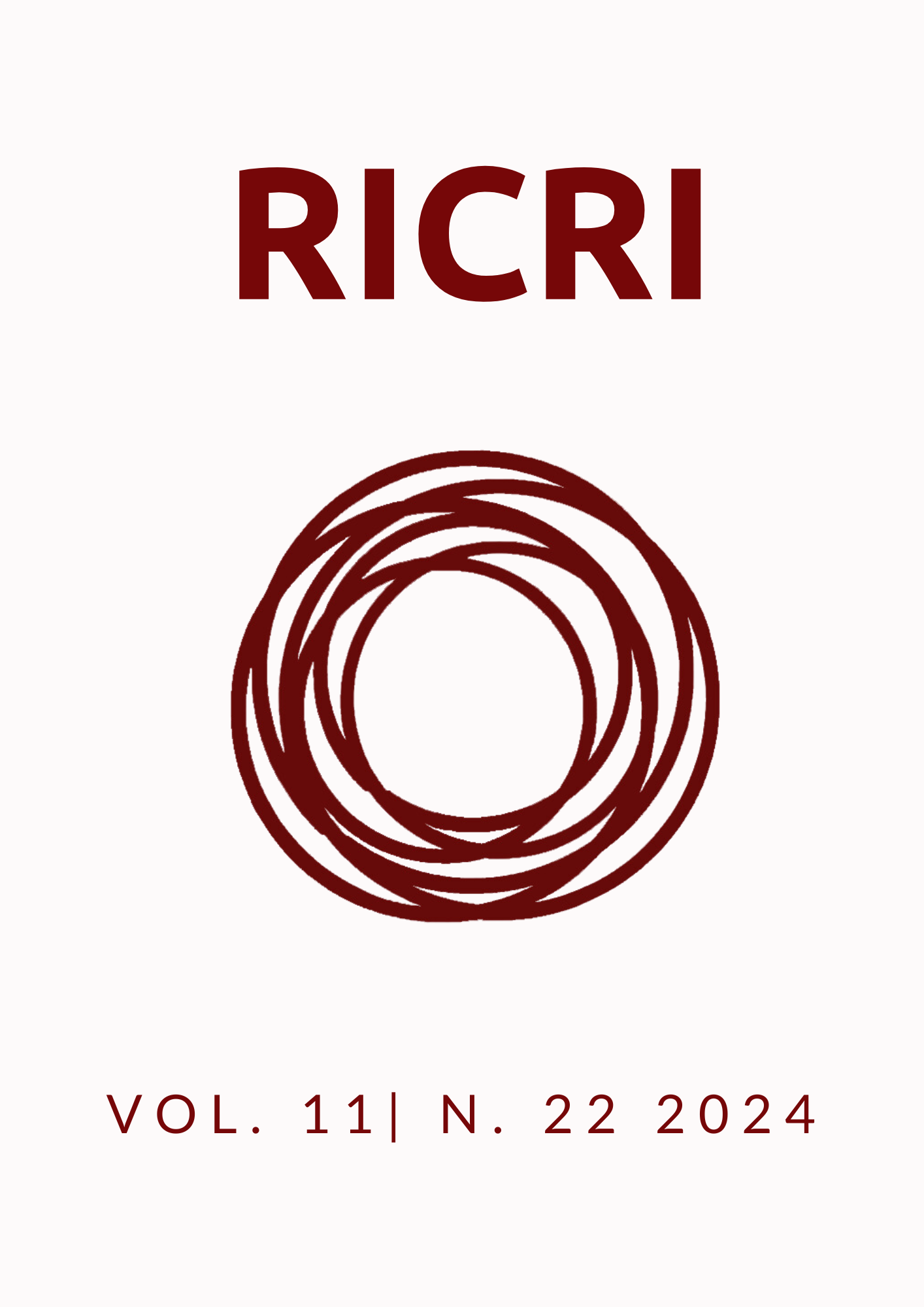Década das Mulheres na ONU e as perspectivas feministas do Sul Global
DOI:
https://doi.org/10.22478/ufpb.2318-9452.2024v11n22.65676Abstract
Between 1976 and 1985, the United Nations (UN) declared the Decade of Women, a period in which there would be an incisive elaboration of an agenda aimed at improving the living conditions of women. The purpose of this research is to analyze to what extent the demands of women from the Global South influenced this agenda, investigating the three main conferences of the decade - Mexico City (1975), Copenhagen (1980), Nairobi (1985), and to study how the demands of the principal Women's Movements were related to the global socioeconomic context. Finally, it was concluded that, although the goals of the Decade were not fully contemplated, other advances were made, and even authors from the Global South, critical of the conference discussions, argue that the feminist movements of the South gained strength thanks to the greater visibility provided by the UN.
Downloads
Published
How to Cite
Issue
Section
License
Copyright (c) 2024 Journal of Scientific Initiation on International Relations

This work is licensed under a Creative Commons Attribution-NonCommercial 4.0 International License.
Authors who publish with this journal agree to the following terms:
a. Authors retain copyright and grant the journal right of first publication with the work simultaneously licensed under a Creative Commons Attribution License that allows for sharing of work with acknowledgment of its initial publication in this journal.
b. Authors are able to take on additional contracts separately for non-exclusive distribution of the version of the work published in this journal (e.g., post it to an institutional repository or as a book), with an acknowledgment of its initial publication in this journal.
c. Authors are permitted and encouraged to post their work online ( eg, in institutional repositories or on their website) at any point before or during the submission process, as it can lead to productive exchanges , as well as increase the impact and citation of published work ( See the Effect of Open Access).




